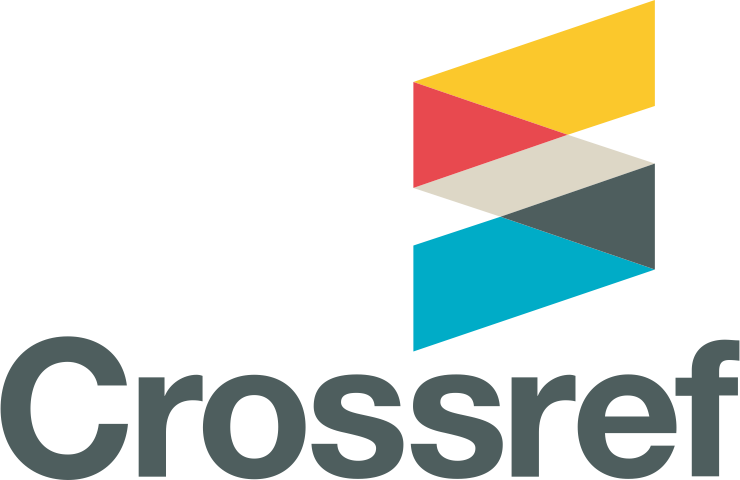ANALISIS KEPUASAN KERJA DAN TURNOVER INTENTION PADA AWAK KAPAL NIAGA NASIONAL
DOI:
https://doi.org/10.33556/jstm.v26i1.492Abstract
This study aims to analyze the influence of job satisfaction on turnover intention among merchant marine crews in Indonesia. As one of the world's largest suppliers of seafarers, Indonesia plays a crucial role in the global maritime industry. However, this profession faces unique challenges such as isolation, high workloads, and prolonged separation from family, which significantly impact job satisfaction and the intention to leave the job. This research employs a quantitative approach with a correlational design. Data were collected through an online survey distributed to active national merchant marine crews, using standardized instruments: the Minnesota Satisfaction Questionnaire (MSQ) to measure job satisfaction and the Turnover Intention Scale (TIS) to measure turnover intention. Data analysis was conducted using simple linear regression techniques. The analysis results indicate a significant negative relationship between job satisfaction and turnover intention. This finding suggests that higher levels of job satisfaction experienced by seafarers correspond to a lower tendency to leave their profession or company. The practical implication of this study is the importance for national shipping companies not only to meet the minimum compensation standards regulated by the government but also to invest in motivator factors such as a supportive social work environment, performance recognition, and clear career paths to enhance the retention of qualified crew members and ensure the operational sustainability of the national shipping industry.
Keywords: Job Satisfaction, Turnover Intention, Seafarers, Maritime Industry, Organizational Psychology
Downloads
Published
Issue
Section
License
Authors who publish with this journal agree to the following terms:Authors retain copyright and grant the journal right of first publication with the work simultaneously licensed under a Creative Commons Attribution License that allows others to share the work with an acknowledgement of the work's authorship and initial publication in this journal.
Authors are able to enter into separate, additional contractual arrangements for the non-exclusive distribution of the journal's published version of the work (e.g., post it to an institutional repository or publish it in a book), with an acknowledgement of its initial publication in this journal.
Authors are permitted and encouraged to post their work online (e.g., in institutional repositories or on their website) prior to and during the submission process, as it can lead to productive exchanges, as well as earlier and greater citation of published work (See The Effect of Open Access).







